 BU Research Centre CSSRC is celebrating its interdisciplinary and intersectoral research around Sustainable Consumption on Wednesday 26th February 2025, 3.15-5.00pm.
BU Research Centre CSSRC is celebrating its interdisciplinary and intersectoral research around Sustainable Consumption on Wednesday 26th February 2025, 3.15-5.00pm.
The Centre for Sustainable & Socially Responsible Consumption (CSSRC) invites you to attend its research event on Wednesday 26th February 2025 to celebrate its interdisciplinary and intersectoral research around sustainable consumption. After a welcome refreshment this interesting and informative event will comprise of two topical presentation sessions, each lead by a member of CSSRC, as outlined below. Opportunity for discussions and networking over refreshments after the talks will round off the event.
Session 1: Sustainability, Place Brands and congruence- how important are they in student choice?
Professor of Societal Marketing, Chris Chapleo will discuss his current research in relation to two core projects: the first of these concerns the role of sustainability in university communications and branding, and whether sustainability league tables really matter to key stakeholders. He is also looking at sustainable city brands and how this links to universities in these cities. This is a joint project between BU and Pannonia, Hungary. The second, related project is looking at how students choose a university and their ‘congruence’ with city/ university brands. This project is a collaboration between Bournemouth University, University of the West of England, and University of Plymouth.
Session 2: Understanding and encouraging the consumption of pulses
Professor of Psychology Katherine Appleton will present this session and introduce her work in this area. Pulses, including beans, chickpeas and lentils, are healthy, sustainable, low-cost foods, but consumption is low and increased consumption would benefit the health of the population and the planet. I have a programme of work looking at trying to understand why pulse consumption is low, and how we can increase this. I will speak about two studies that were completed last year looking at barriers and facilitators to pulse consumption, with specific foci on the use of recipes, enjoyment and cooking skills in increasing consumption. I will finish by considering our current ongoing study, and where we might be going next.
Provisional Timetable:
3.15-3.30pm – Welcome refreshment
3.30-4.30pm – Presentation sessions
4.30-5.00pm – Discussion, networking and refreshments
This is a free event, but you must register to attend via Eventbrite: https://www.eventbrite.co.uk/e/a-celebration-of-sustainable-consumption-related-research-tickets-1224716332519?aff=oddtdtcreator
About CSSRC
The Centre for Sustainable & Socially Responsible Consumption (CSSRC) aims to promote and advance the understanding of sustainable consumption and socially responsible consumption through developing and delivering internationally renowned research. It provides a hub to explore and address topics that are currently globally relevant, through utilising a strong interdisciplinary focus. Webpage: https://www.bournemouth.ac.uk/research/centres-institutes/centre-sustainable-socially-responsible-consumption
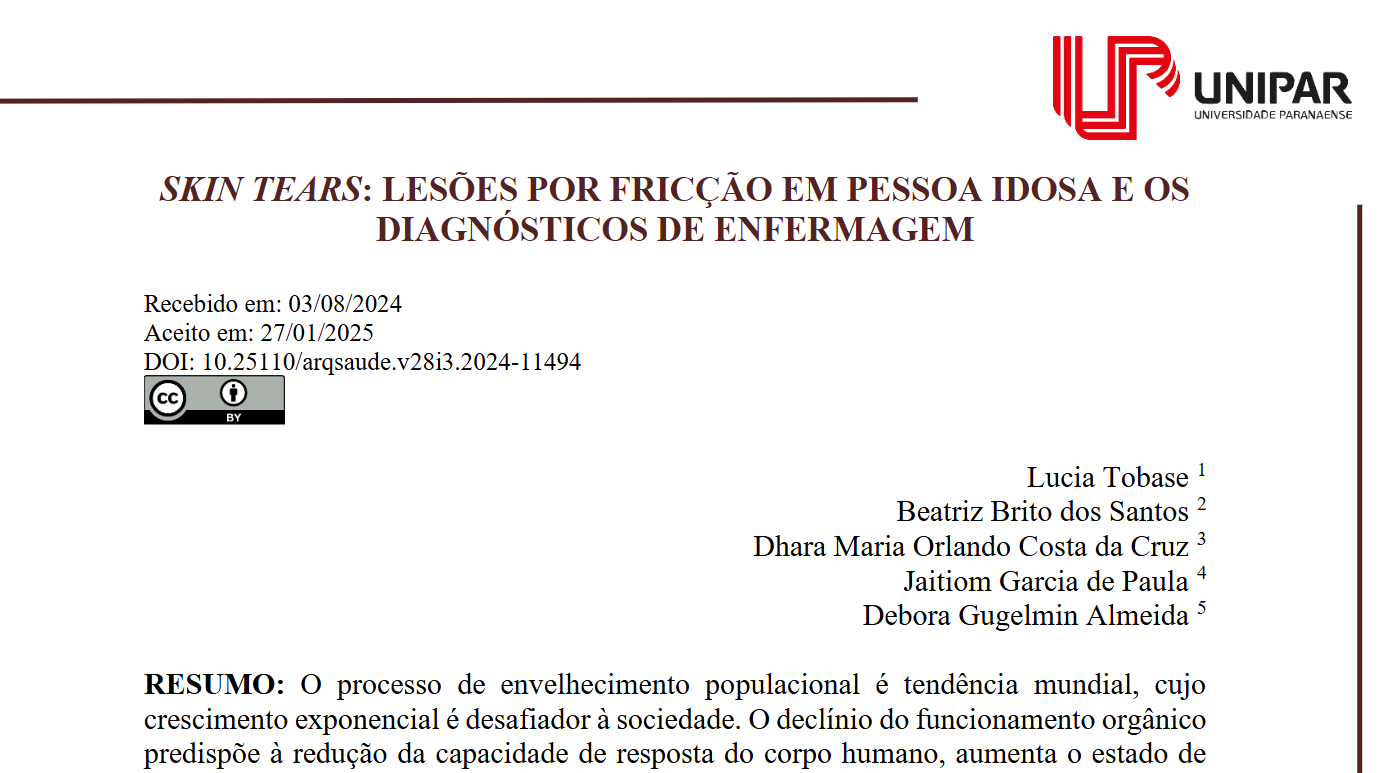
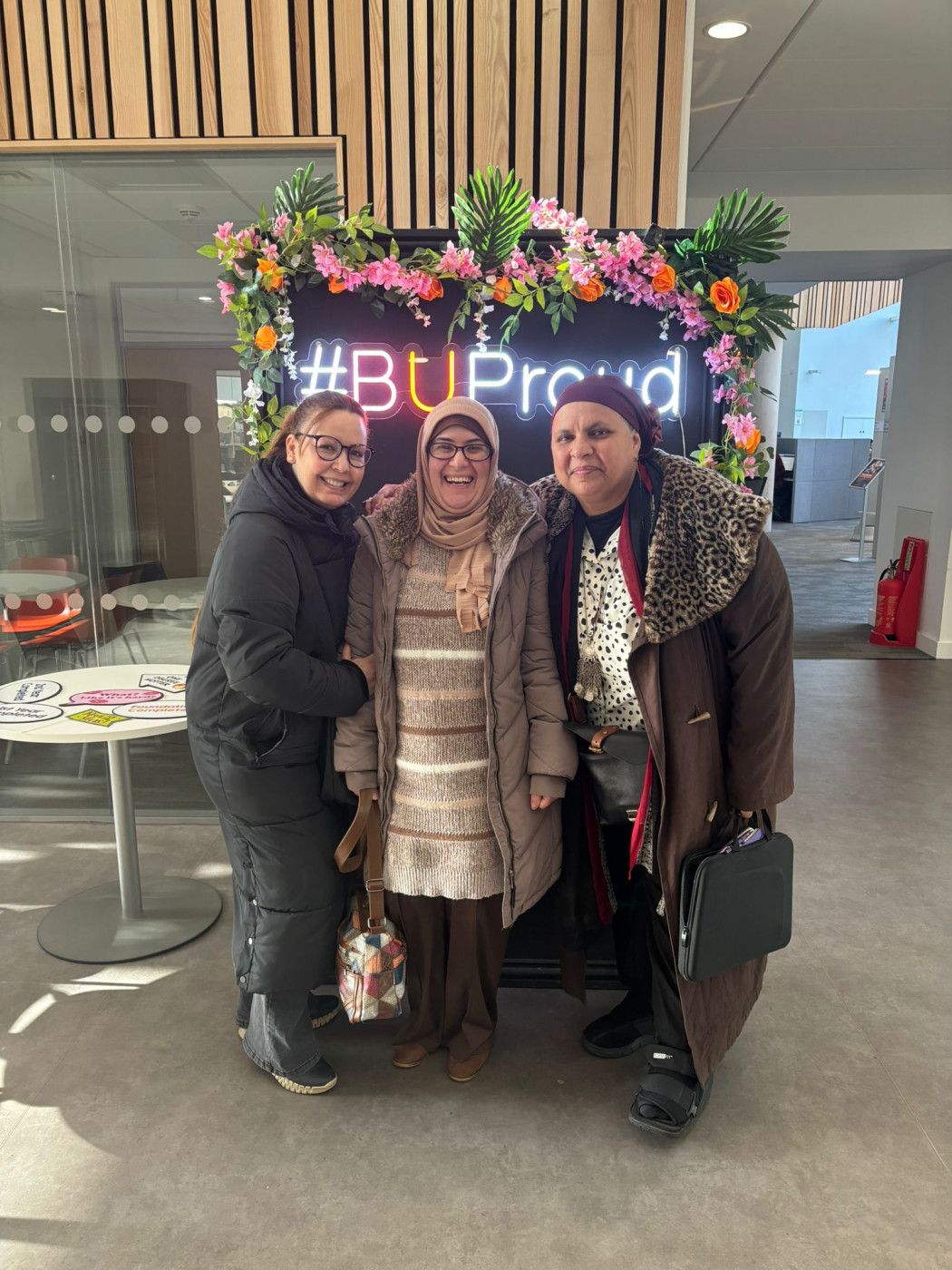
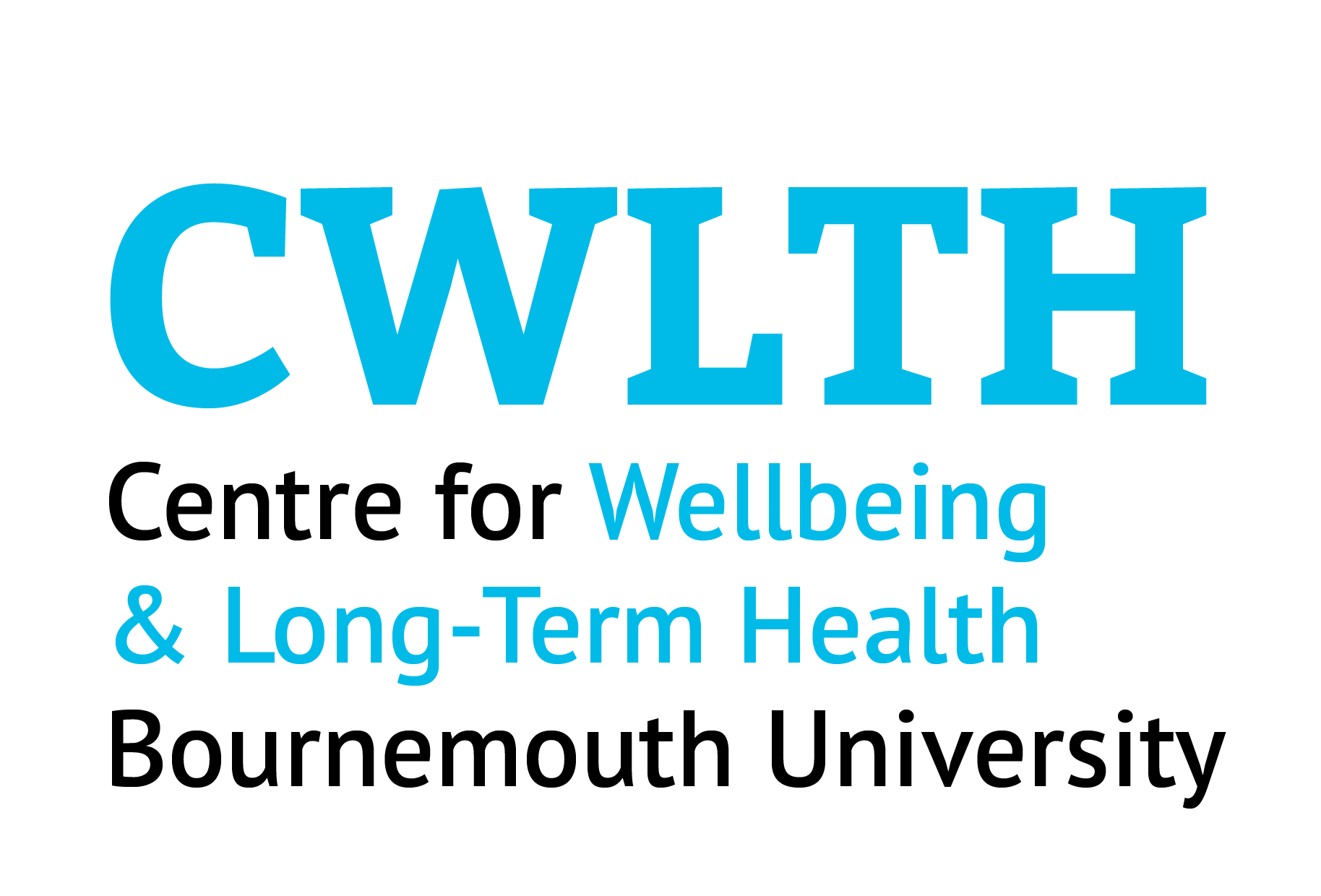


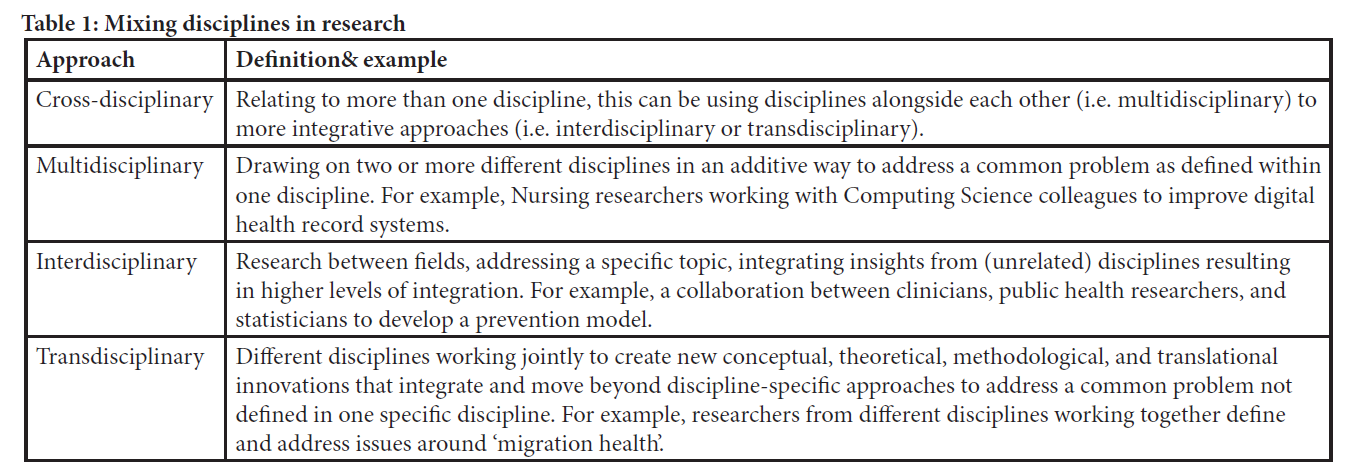
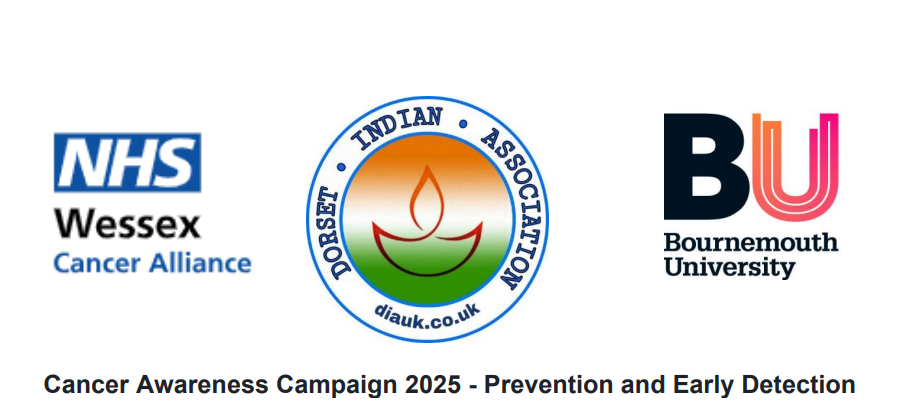
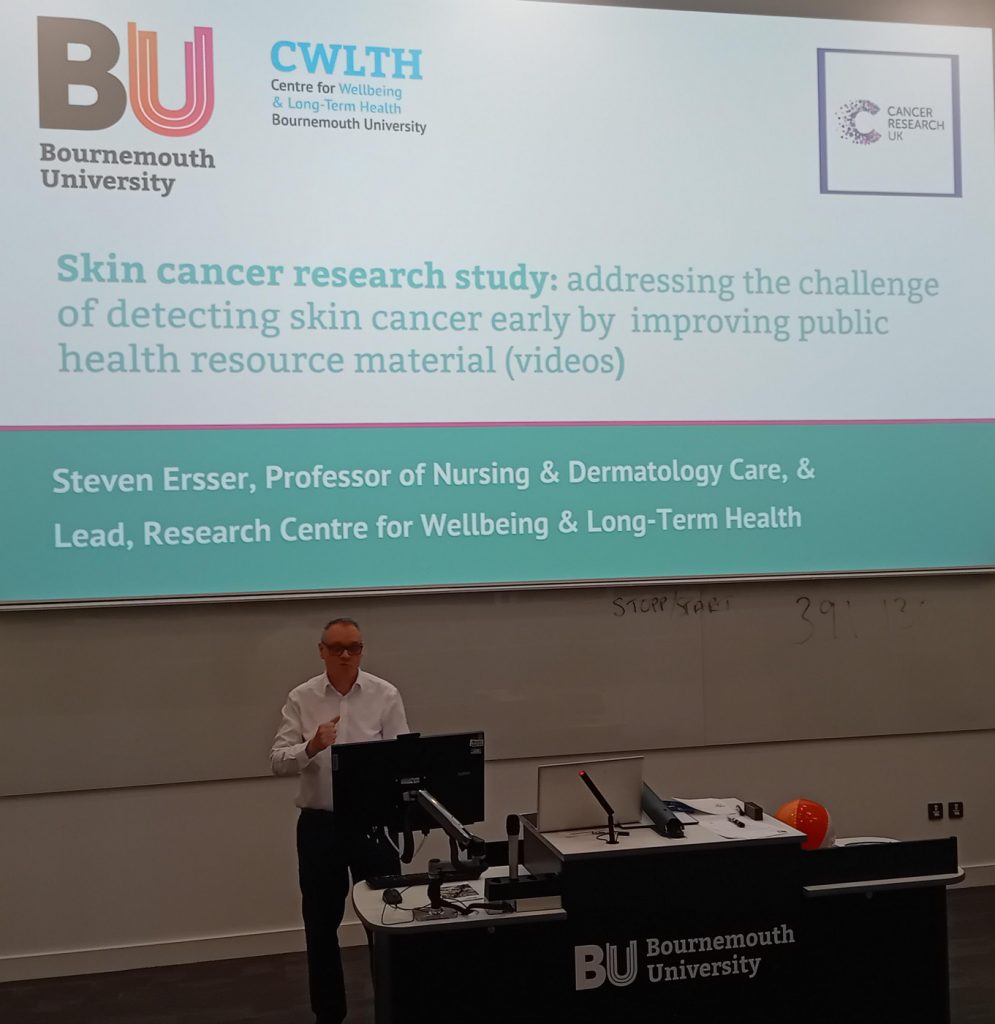
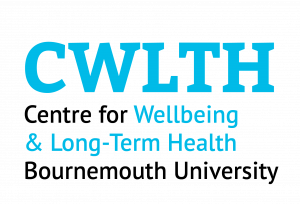
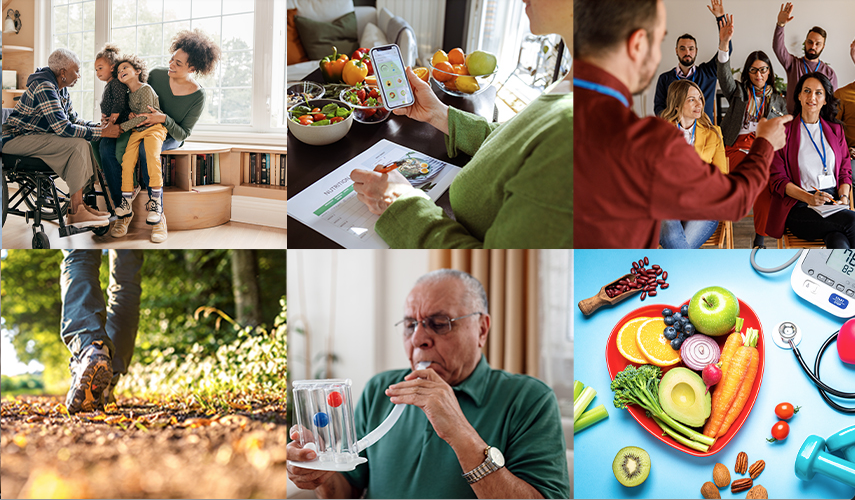

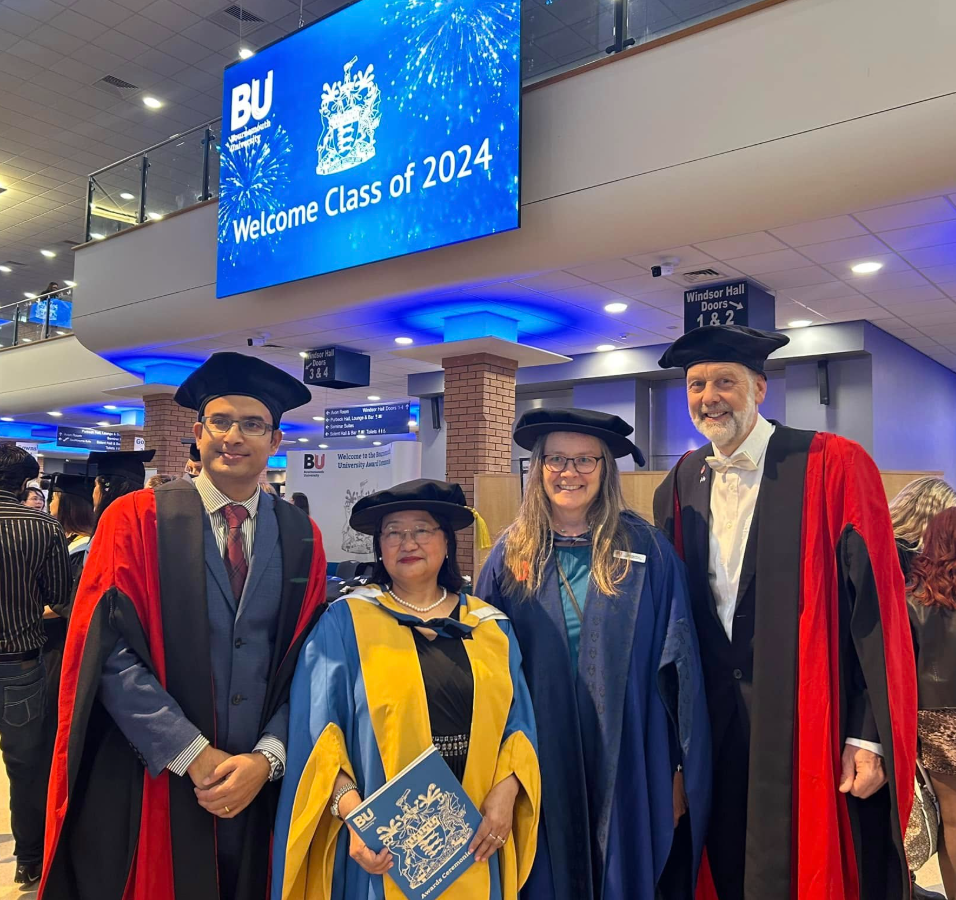


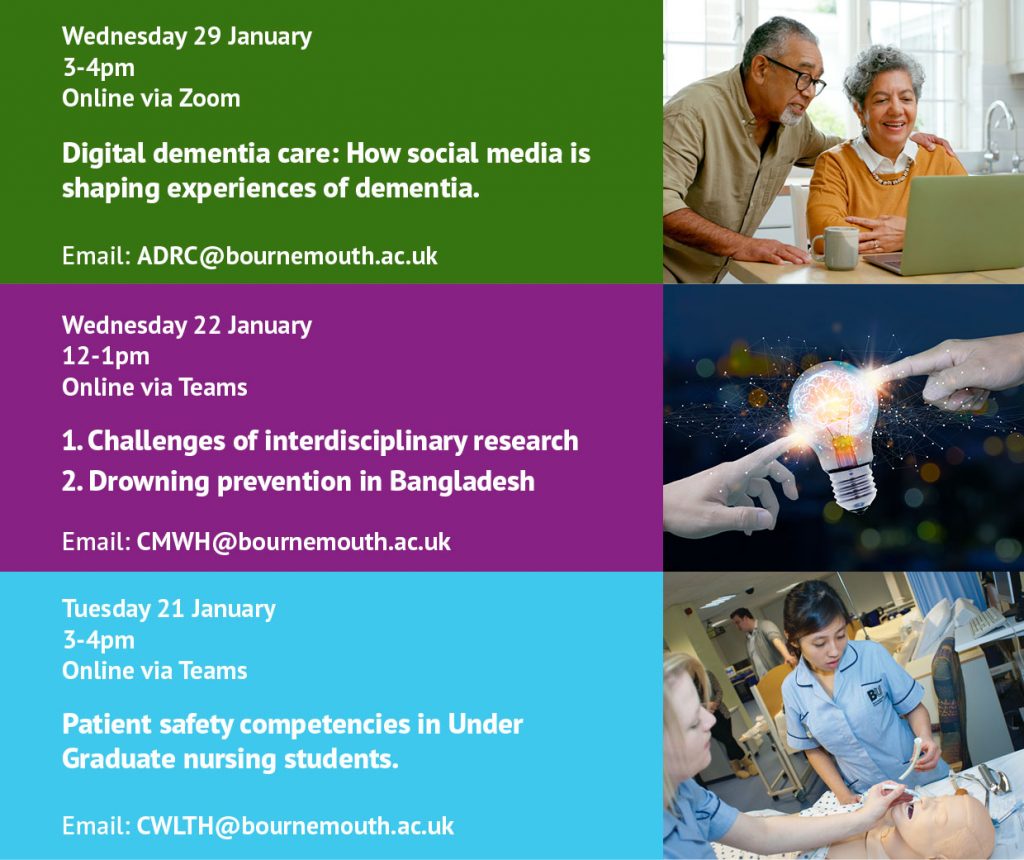
 Last month we reported on this Bournemouth University Research Blog (click here!) that Ms. Amshu Dhakal, presented findings from our Nepal Federal Health System Project in Nepal. Amshu’s presentation at the Nepal Health Conclave 2024, organised by the Ministry of Health and Population and supported by WHO (World Health Organization) Nepal and UNFPA, resulted in an online article in Nepal. This article in Nepali in Swasthya Khabar Patrika features lessons learnt and evidence from our research project “The Impact of Federalisation on the Health System of Nepal.”
Last month we reported on this Bournemouth University Research Blog (click here!) that Ms. Amshu Dhakal, presented findings from our Nepal Federal Health System Project in Nepal. Amshu’s presentation at the Nepal Health Conclave 2024, organised by the Ministry of Health and Population and supported by WHO (World Health Organization) Nepal and UNFPA, resulted in an online article in Nepal. This article in Nepali in Swasthya Khabar Patrika features lessons learnt and evidence from our research project “The Impact of Federalisation on the Health System of Nepal.”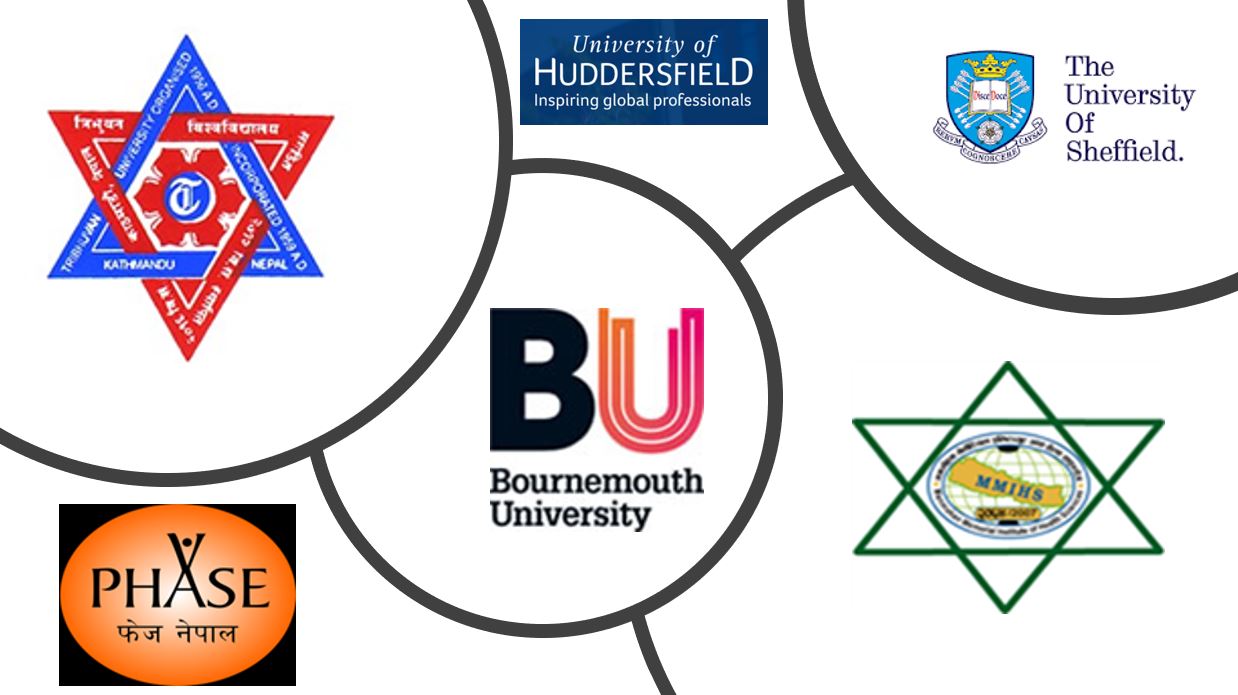
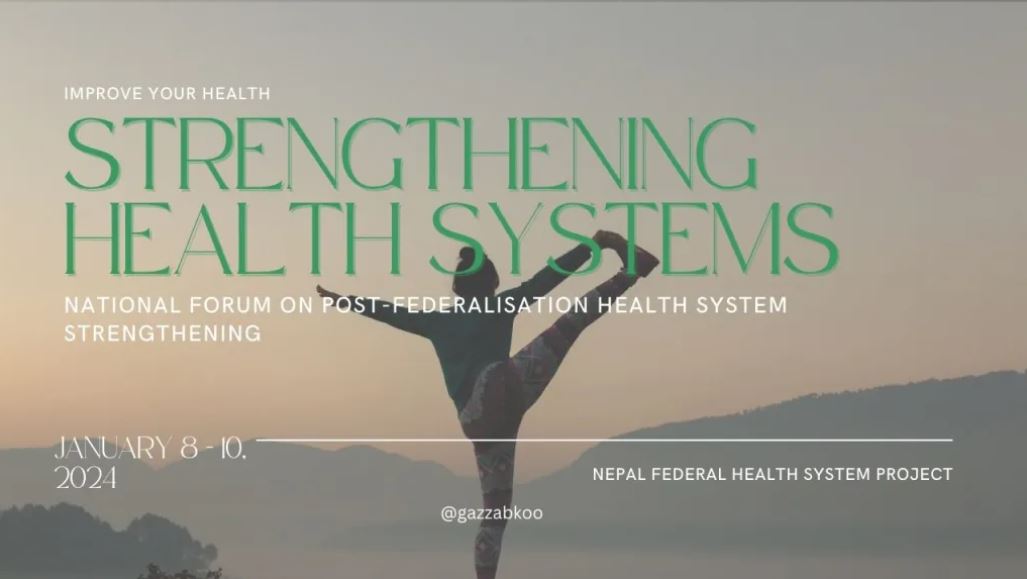 This is one of several news articles from this project which have appeared in both English and Nepali in national media in Nepal.
This is one of several news articles from this project which have appeared in both English and Nepali in national media in Nepal. 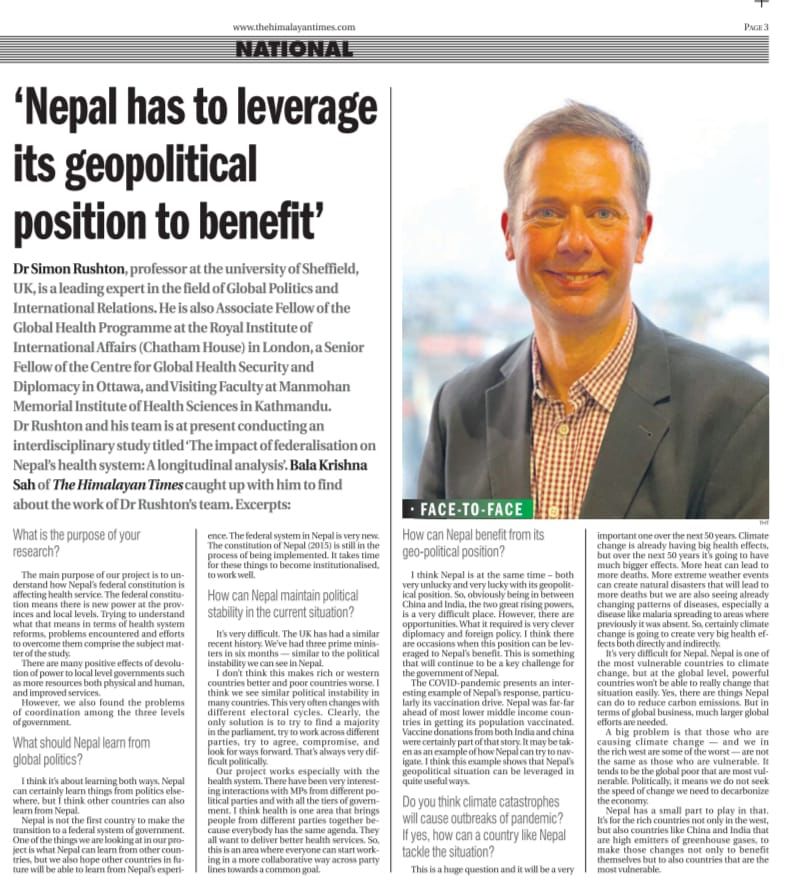 Our interdisciplinary research project ‘
Our interdisciplinary research project ‘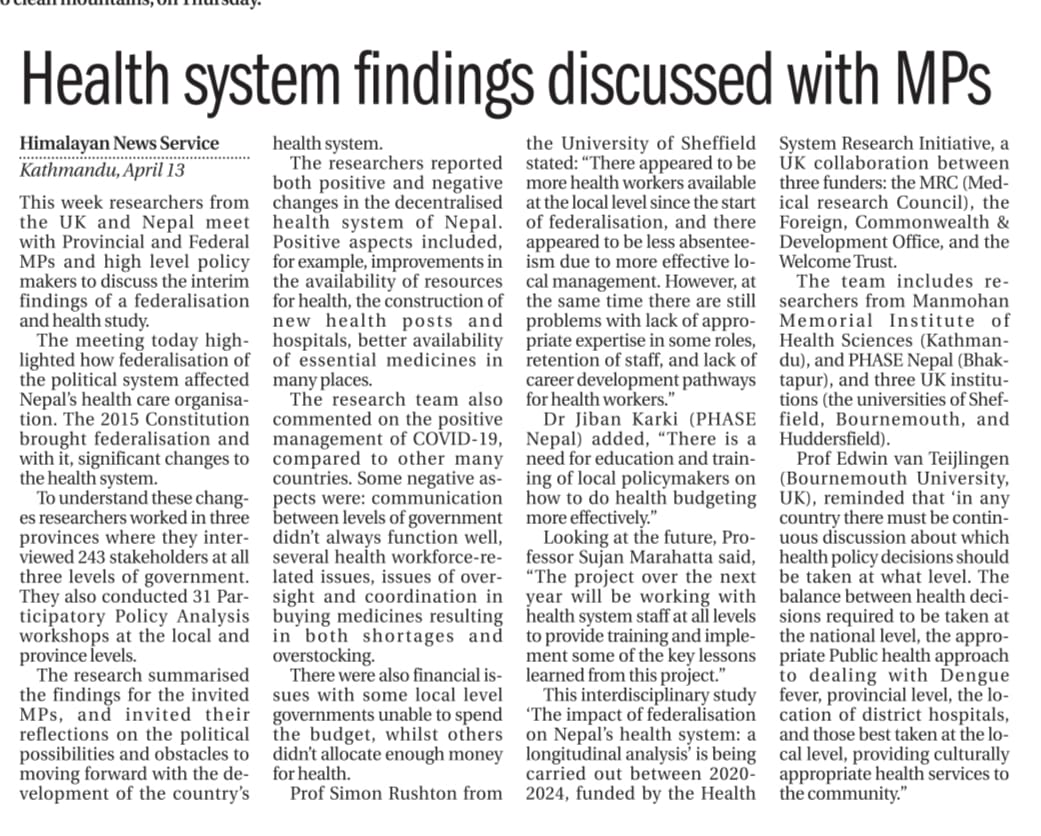
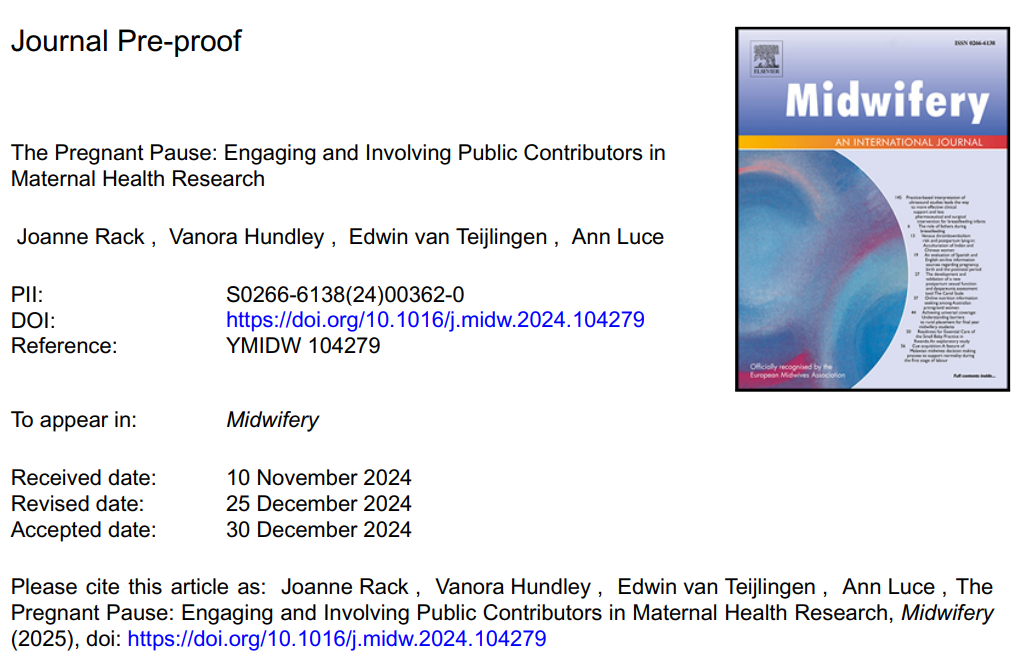

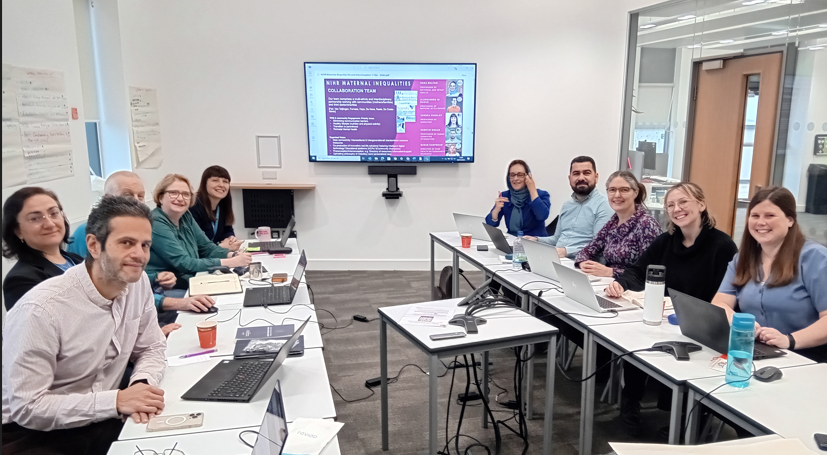

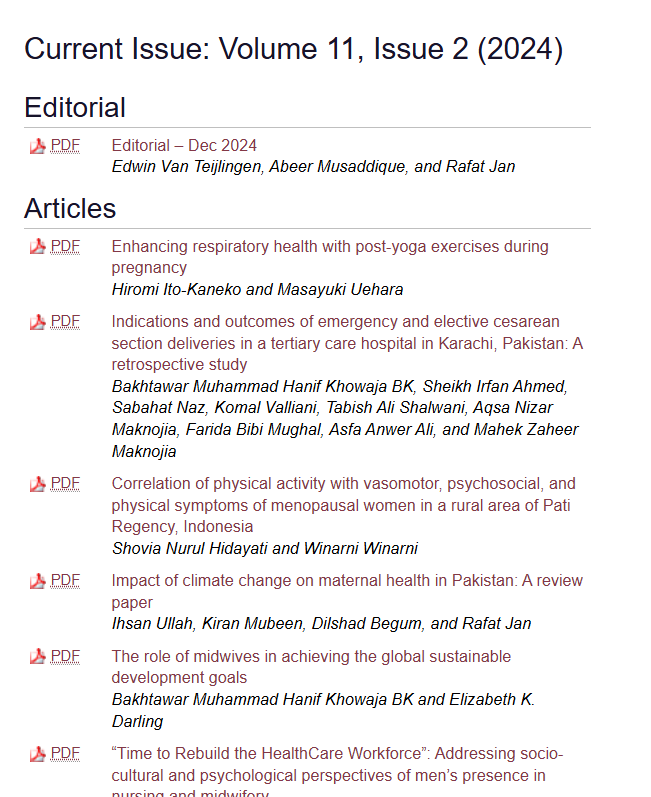
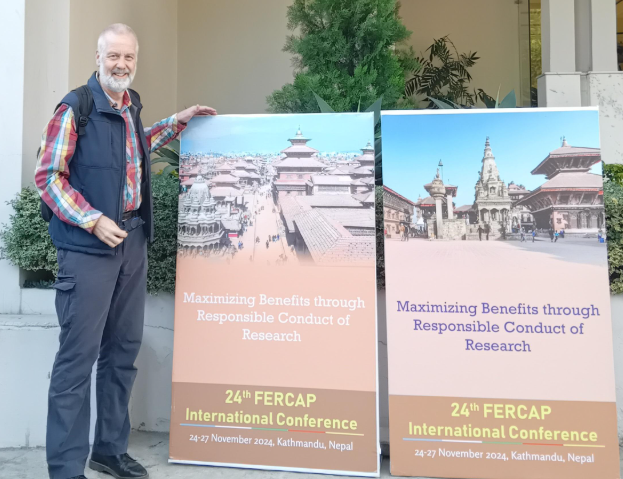

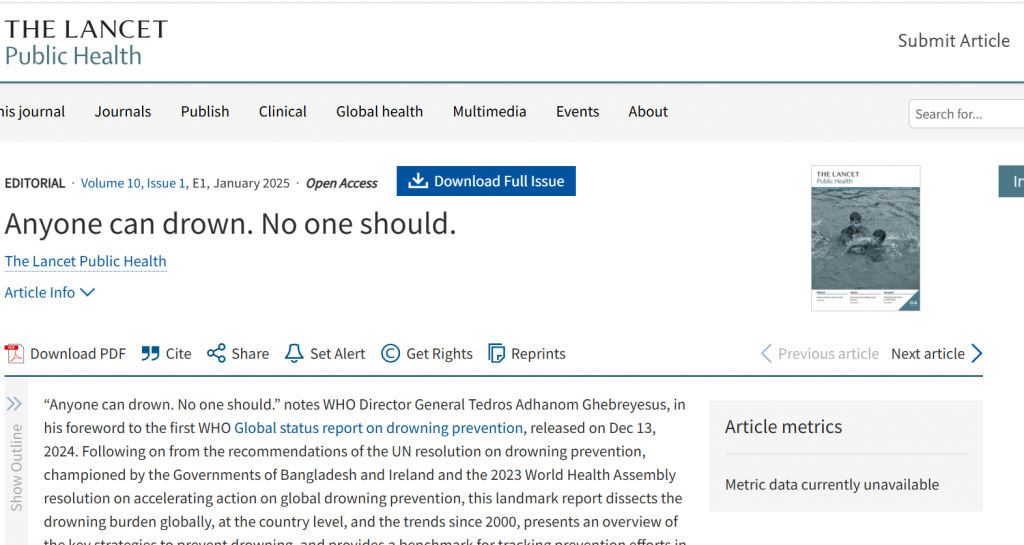
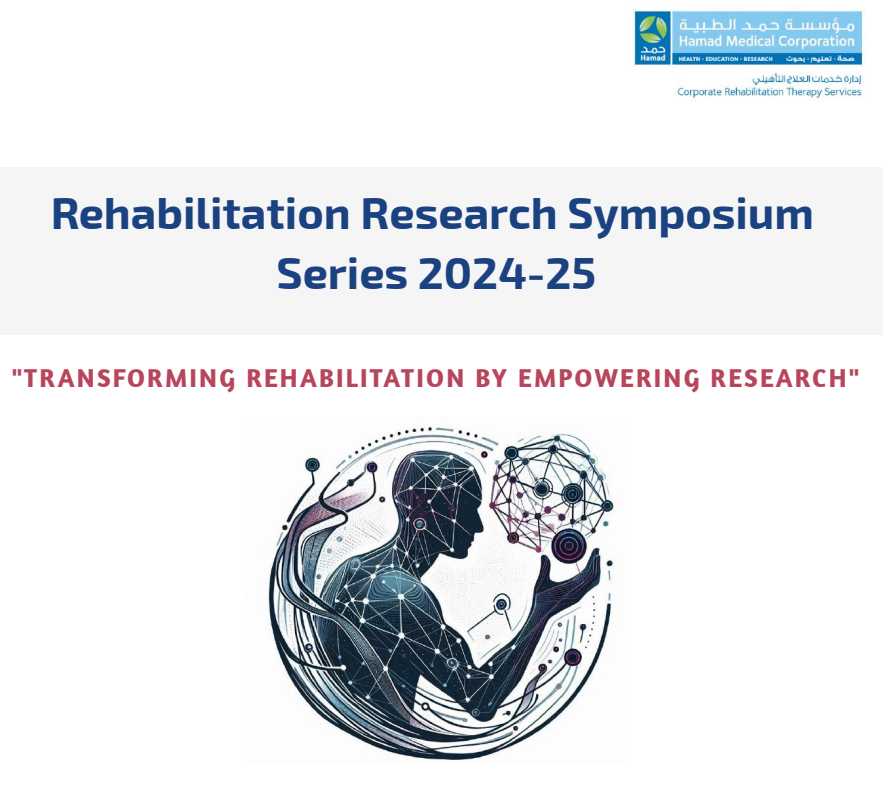

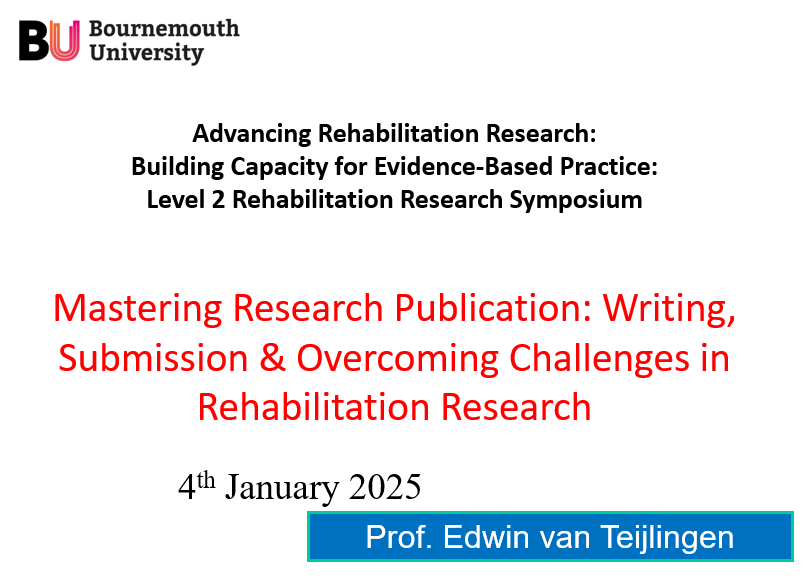
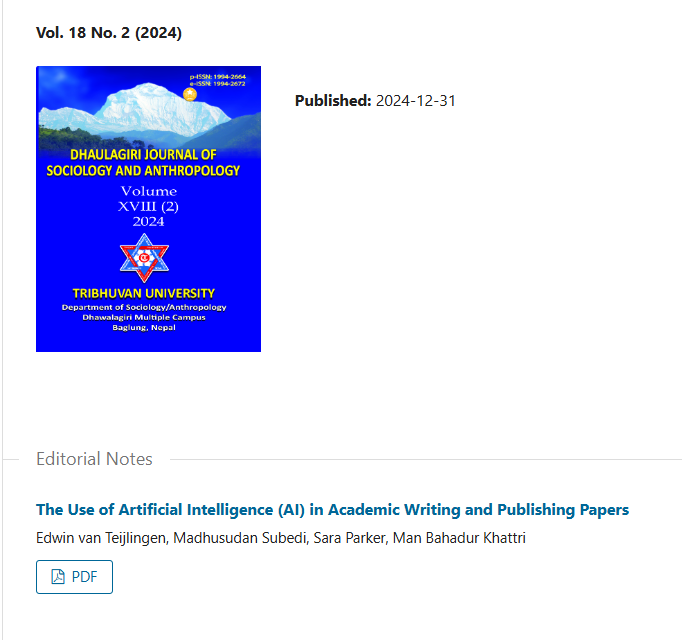
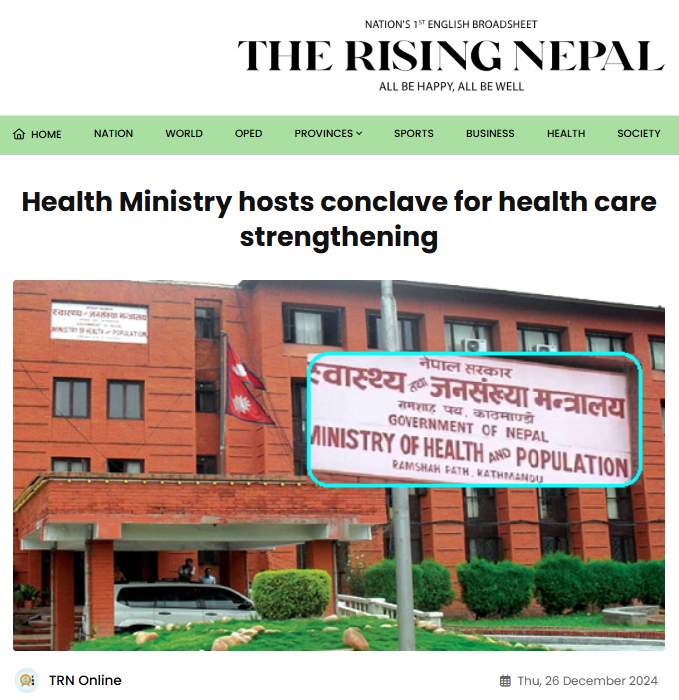
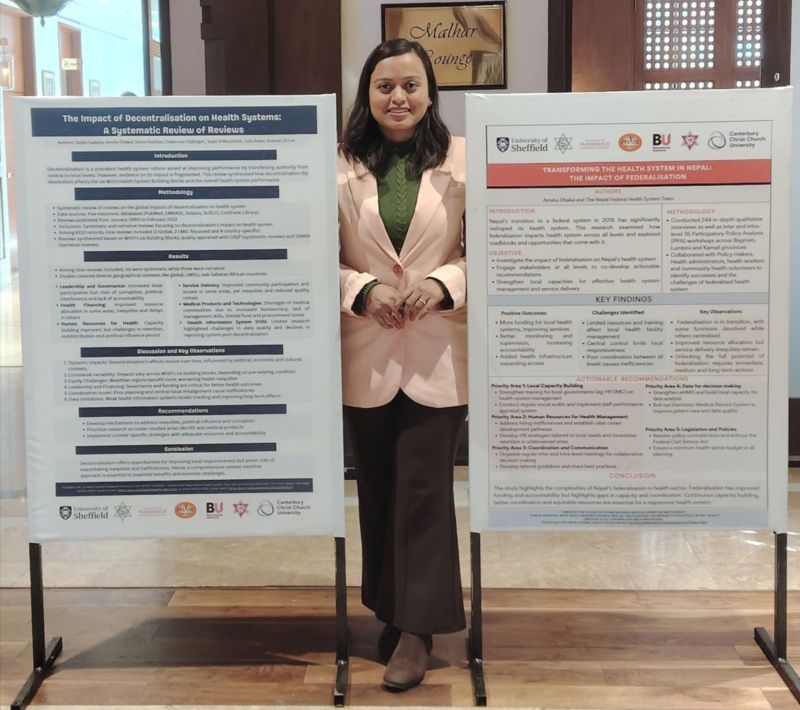
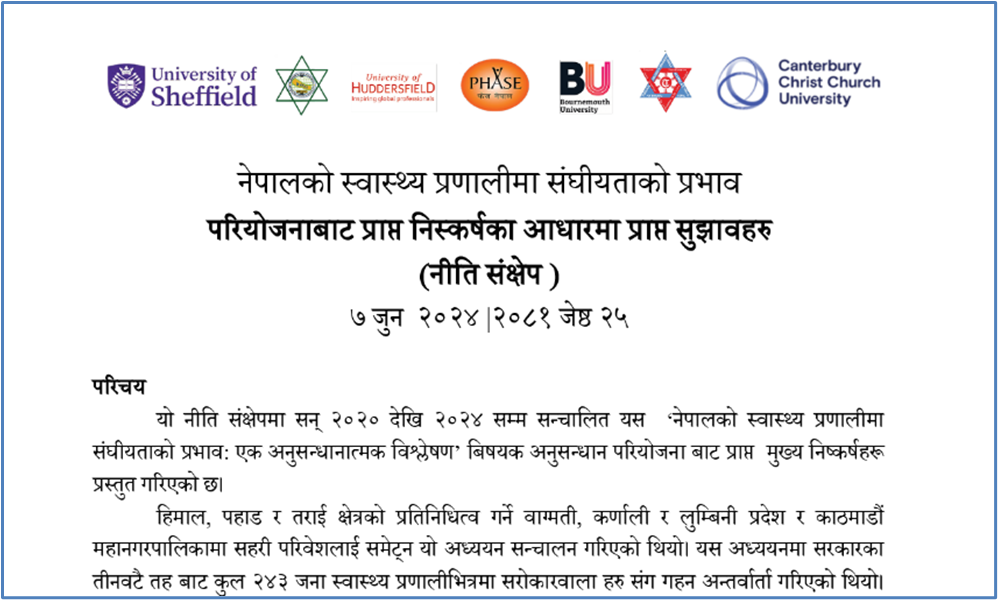











 New CMWH paper on maternity care
New CMWH paper on maternity care From Sustainable Research to Sustainable Research Lives: Reflections from the SPROUT Network Event
From Sustainable Research to Sustainable Research Lives: Reflections from the SPROUT Network Event REF Code of Practice consultation is open!
REF Code of Practice consultation is open! ECR Funding Open Call: Research Culture & Community Grant – Apply now
ECR Funding Open Call: Research Culture & Community Grant – Apply now ECR Funding Open Call: Research Culture & Community Grant – Application Deadline Friday 12 December
ECR Funding Open Call: Research Culture & Community Grant – Application Deadline Friday 12 December MSCA Postdoctoral Fellowships 2025 Call
MSCA Postdoctoral Fellowships 2025 Call ERC Advanced Grant 2025 Webinar
ERC Advanced Grant 2025 Webinar Update on UKRO services
Update on UKRO services European research project exploring use of ‘virtual twins’ to better manage metabolic associated fatty liver disease
European research project exploring use of ‘virtual twins’ to better manage metabolic associated fatty liver disease